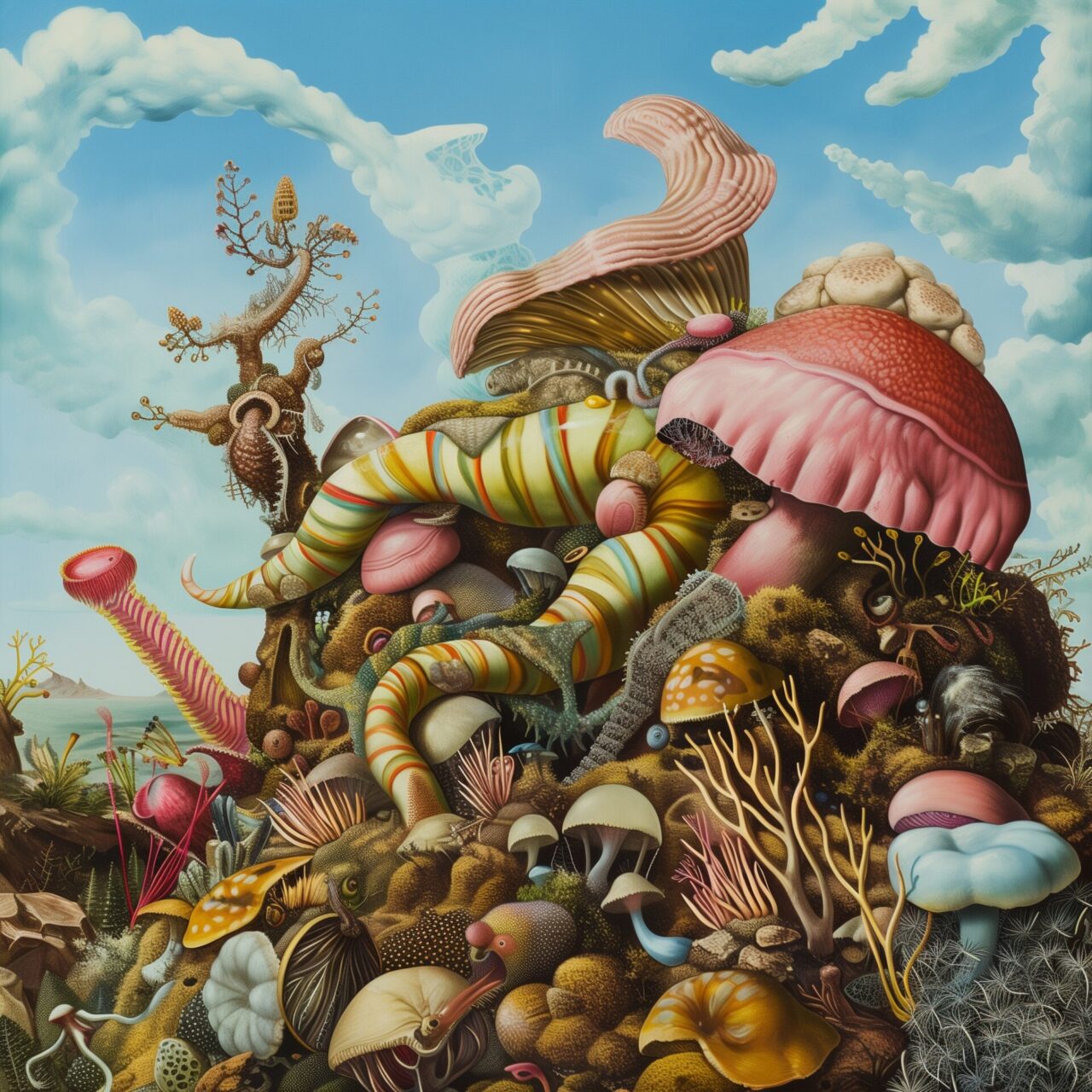
Mind-Altering Drugs
In the deep, often controversial, waters of psychotropic substances there is a fascinating intersection of biochemistry, cultural history and social ethics. Mind-altering drugs have been an integral part of human civilisations for thousands of years and open up a wide field of scientific and philosophical debate.
Scientific foundations
Psychedelics such as LSD, psilocybin and ayahuasca work by influencing the brain’s serotonin system, which leads to profound changes in perception, emotion and memory. Recent research shows that these substances have the potential to promote neuroplastic changes in the brain and could therefore have a revolutionary effect in the treatment of depression, PTSD and other mental disorders.
Cultural embedding
The use of psychedelics is deeply rooted in the ritual practices of many indigenous cultures. For example, the South American Shipibo-Konibo community uses ayahuasca in long nightly ceremonies for healing and spiritual cleansing. In contrast, the Western cultural use of LSD in the 1960s as a recreational drug and tool of social rebellion has a very different dynamic and history.

Ethical considerations
The legalisation and medical use of psychedelic substances raises important ethical questions. How do we balance the potential for therapeutic benefits against the risk of abuse? The regulation of such substances remains a hot potato, especially in societies that have traditionally taken a restrictive approach to drugs.
Contemporary debate and research
Psychedelic drugs are currently experiencing a renaissance in medical research, often referred to as the “psychedelic revolution”. Institutions such as Johns Hopkins University and Imperial College London are conducting groundbreaking studies that are expanding the understanding of these substances and exploring their potential applications in psychiatry.
In pop culture, psychedelics have achieved an iconic status, often portrayed as tools of self-knowledge or escape routes from conformist society. Films such as “Fear and Loathing in Las Vegas” and series such as “Mad Men” show the use and effects of these drugs in a dramatic and sometimes humorous light.
The discussion around mind-altering drugs is a perfect example of the complexity that arises when human endeavour, scientific progress and cultural values collide. It is a multidimensional field that explores both the depths of the human mind and the heights of human ingenuity and curiosity. As research continues, society’s engagement with these powerful substances remains dynamic and often polarised – a true kaleidoscope of the human experience in the modern world.


